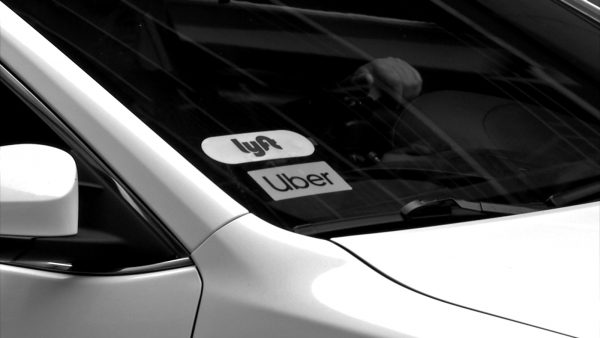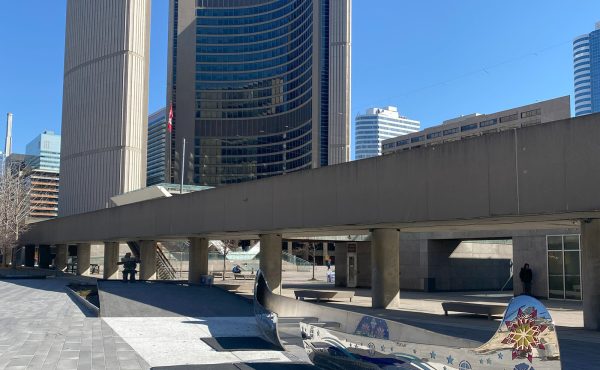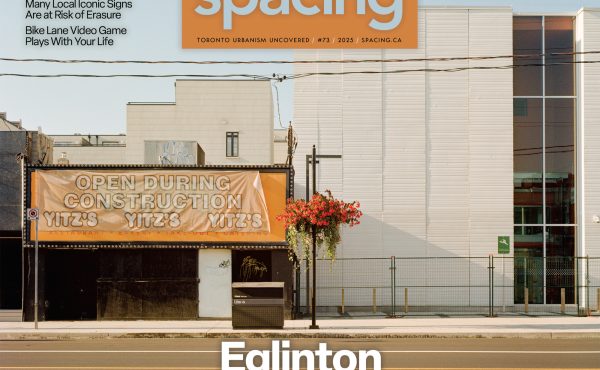Torontonians love Uber and Lyft. So much that there are an estimated 70,000 private transportation company (PTC) vehicles operating on our city streets, carrying about 176,000 trips each day and adding to the city’s congestion, infrastructure costs, and vehicle emissions.
These services divert an estimated 20 million trips away from transit annually, and are expected to see significant growth in the coming years.
PTCs are a relatively new phenomenon in cities, but because of their popularity, they have already made an outsized impact on urban travel behaviour and city streets.
Add to this that companies such as Lyft and Uber have not traditionally paid municipalities for their use of public infrastructure, despite their heavy use of it, and a troubling picture of drivers circling neighbourhoods while “deadheading” (i.e. waiting/looking for passengers) with no obvious benefit to cities comes into focus.
At the Ryerson City Building Institute, we are concerned that the rise of PTCs is diverting people from using more sustainable and active modes of transportation, hindering important public policy goals, and diverting revenue from the fare box of the TTC and other transit agencies. But we also recognize that ride-hailing services have quickly become important to the travel patterns of many Torontonians, and are growing in popularity here and elsewhere.
We’ve been looking into the regulatory and financial solutions being tested to mitigate the negative impact of ride hailing in other North American cities, such as taxes, vehicle caps and congestion charges. We’ve also dug into the innovative ways places are proposing to harness the on-demand technology itself to make transit better.
Please read our latest policy post, “Better Transit through On-Demand Tech?” for a tour of current hacks of on-demand tech and urban transit. Then register for Taken for a Ride, a free panel discussion on this topic hosted by Ryerson CBI happening December 3 from 9 AM to 10:30 AM on the Ryerson University campus.
Find the Ryerson City Building Institute at citybuildinginstitute.ca and @RyersonCBI.





One comment
Clearly, PTC’s (Uber/Lyft etc.) all MUST pay some form of tax to the City to offset costs they add to street maintenance etc.